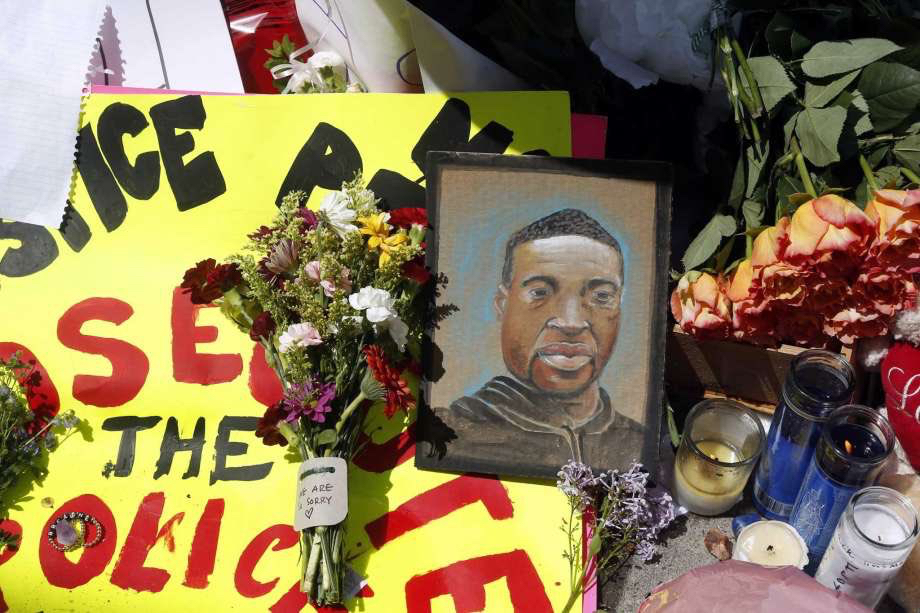I’ve grappled with what I should or should not say in light of the racially motivated violence that is once again at the forefront of our national psyche. Like many of you, I wrestle with my motives when I write or post on social media. Who is this for? Is it about race or is it about me? Am I virtue signaling? Do I only care about these issues when everyone else seems to? Perhaps there is grace in such wrestling. It means impure motives, though lurking at the door of our hearts, have not taken root.
I write as a pastor and citizen. I write as a white man and leader in a largely white institution to a largely white audience. Many share my convictions that systemic racism and injustice have always been and continue to be part of our national life. Many will not share those convictions.
I simply want to share three words that, I hope, will prompt critical reflection and edifying conversations that lead to a better, more just and gracious way of being in the world.
E M P A T H Y
Empathy involves admitting that my experience is not normative. Just because I do not see something, does not mean that thing does not exist. Empathy demands humility. We confess that our knowledge is, in some ways, limited by our experience. Interacting with people who have dramatically different experiences helps us understand them and love them. (The goal of knowledge is always love, by the way.) In those interactions we catch a glimpse of the world through the eyes of another. And those eyes fill with tears when we understand the pain behind them.
P E R S P E C T I V E
On my first trip to England, I was struck by how old things are. Many pubs are older than our country. It’s easy to forget the American experiment is a relatively new one. It’s easy (for white people) to see institutions like slavery and segregation as past events disconnected from modern life. When, in reality, the Brown v. Board ruling came down less than 70 years ago. We must not lose perspective. The things in our history books did not happen in another world; they happened in this one. And many of those things have not gone away. The sins of our fathers have been passed to their sons; their explicit biases are implicit in us. Both our past and the stories we believe about our past shape the perspective from which we view the world today.
D E C I S I O N
We must decide whether or not we believe racism is a problem in this country. If you, like me, decide that it is, then neutrality does not seem to be an option. But how do we then act? Perhaps that answer is too long for this blog. Today, though, we can pursue empathy. We can re-calibrate our perspectives. And then we can begin to discern the best way forward.
Sometimes I feel there is not much I can do. But I can weep with those who weep (Rom. 12:15). Then I can rise to preach that all of us are created in the image of God (Gen. 1:27). I can preach that justice will roll down like a river and righteousness like an ever-flowing stream (Amos 5:24). I can preach that Jesus has come to set free the oppressed (Luke 4:18). I can preach that Jesus disarmed the corrupt rulers of the world by triumphing over them on the cross (Col. 2:15). And I can preach with absolute certainty that this crucified, risen, and ascended Jesus will return. He will draw to himself a people from every nation under the sun (Rev. 7:9). And on that day all forms of violence, hatred, abuse of power, and white supremacy will be thrown into the pit of hell.



